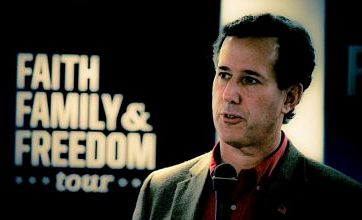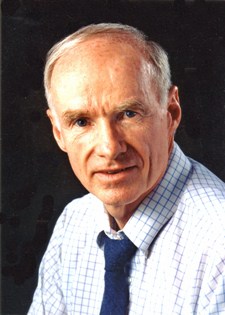by Jamie Buckingham
Psychologist Carl Rogers once said, "The older I grow the more I understand those things most private to us are also those things most universal."
Inside each of us is a little person, stretching, striving, looking at the impossible and saying, 'I can do that. '' I recently reread Margaret Craven's novel, I Heard the Owl Call Mv Name. It's a haunting story of a young, dying priest who finds the meaning of life when he is sent by his wise bishop to minister to a tribe of vanishing Indians in the Pacific Northwest.
When I finished I lay back on my bed, closed my eyes and said, "I can write like that. I know I can." It was the beauty of the writing—as much as the message—which captivated me. This deep admiration for craftsmanship stirs up all the slumbering gifts in me, priming my soul to achieve.
As a boy I used to attend the street dances in the mountains of western North Carolina. Watching the flashing feet, swirling skirts, taps rat-a-tatting on the pavement as the mountain doggers kicked their heels to bluegrass music—I knew I could do it, too. But my feet were chained by a legalistic theology.
All I was allowed to do was stand on the curb and watch as the dancers did "the single shuffle," "the earl," and "the chicken." Now the chains are off. I recently purchased a bluegrass music record featuring "The Battle of New Orleans."
A local cobbler has added jingle taps to an old pair of shoes and I've ordered a book called Mountain Clogging—You Can Do It. Just you wait. It's time to dance. It's been inside me all along, that drive to create with excellence. It's part of the image of the Creator himself.
I doubt if Oliver Wendell Holmes had clogging in mind when he challenged himself to "build thee more stately mansions, 0 my soul." But the theme is the same. Some build their stately mansions in the science lab, others in the kitchen, some in the animal breeding pens and some at the keyboard. read more





















